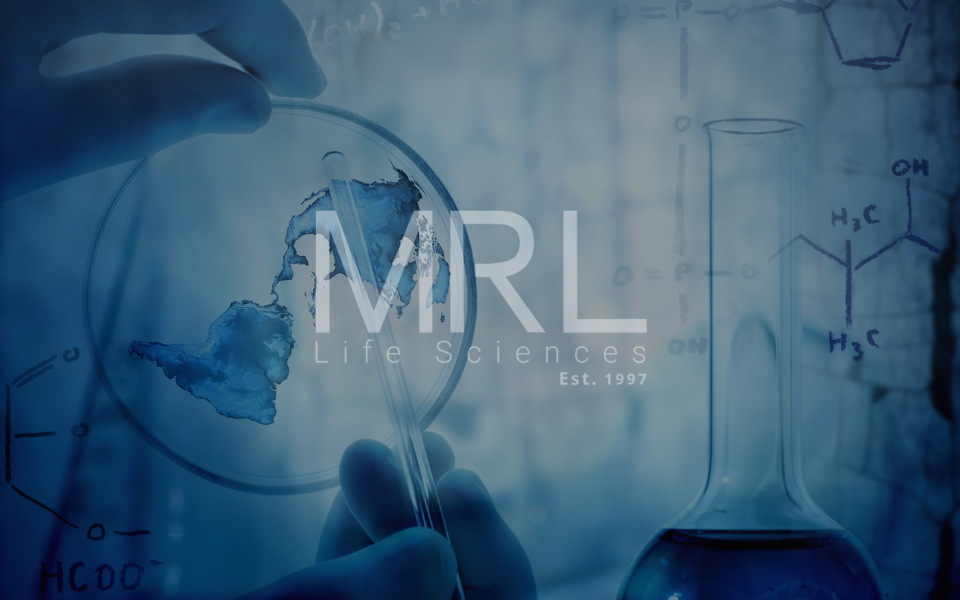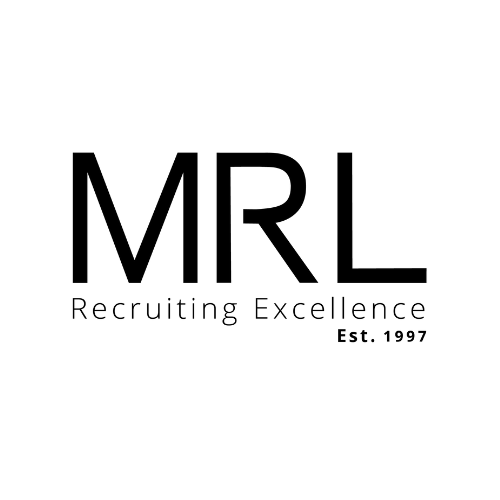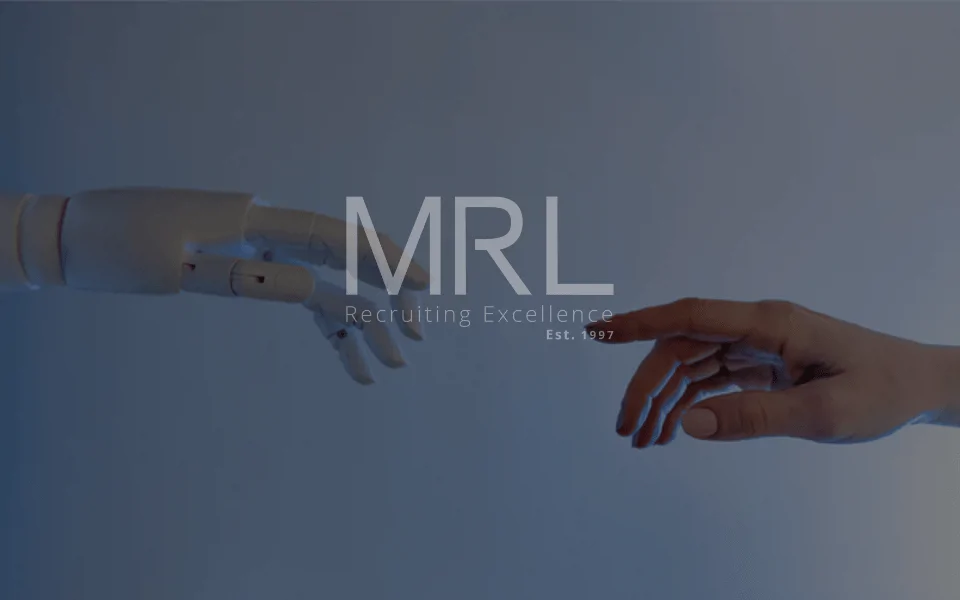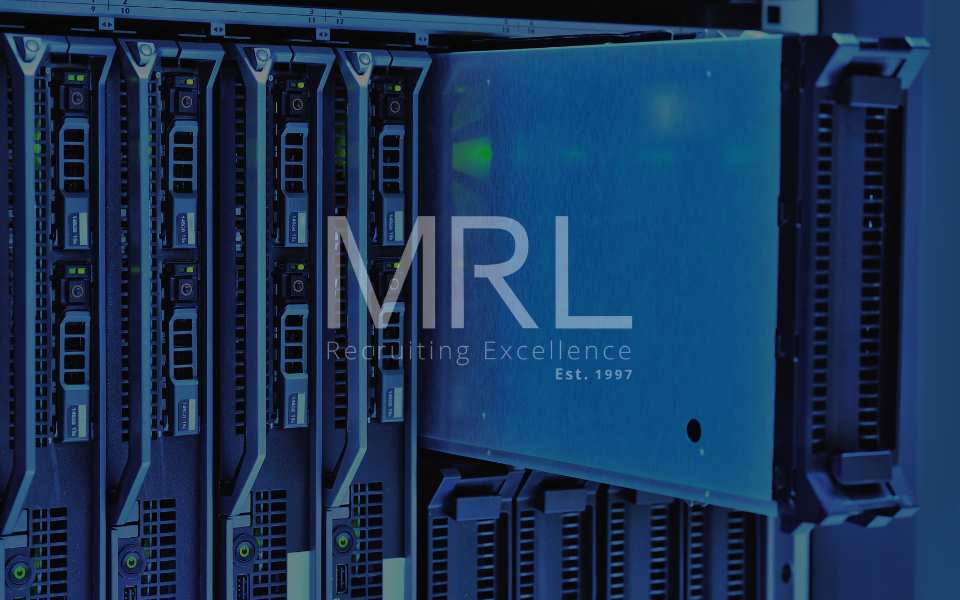The Most in Demand Skills in the Life Sciences Industry
26 Nov, 20245 minsAs of today, the life sciences industry is evolving faster than ever. From cutting-edge biot...

As of today, the life sciences industry is evolving faster than ever. From cutting-edge biotechnologies to personalised medicine, professionals who have the right skills are not only in high demand but are also shaping the future of health and science. If you’re a job seeker or already a professional within the life science industry, staying ahead of the curve is crucial.
The 5 Most Sought-After Life Science Employee Skills
Research & Development (R&D)
Research and Development (R&D) lies at the heart of the life sciences industry. From finding new drug candidates to developing innovative therapies, R&D experts are important when it comes to driving scientific breakthroughs. Skills in molecular biology, biochemistry, and genetic engineering are highly sought after.
Job seekers should have hands-on experience with laboratory techniques such as PCR, CRISPR, and cell culture, as well as a deep understanding of drug discovery processes. Individuals should highlight projects that showcase their ability to innovate, problem-solve, and contribute to advancing science. Staying current with the latest trends, such as personalised medicine and immunotherapies, is key for staying relevant in R&D roles.
Data Science and Bioinformatics
As the number of biological data skyrockets, the ability to analyse and interpret large datasets is becoming crucial, especially as we head towards a world with AI. Life sciences increasingly rely on data analysis and bioinformatics to reveal insights in genomics, proteomics, and other high-throughput data types. Whether it’s discovering new drug targets or personalising treatment plans, professionals who can blend biology with advanced computer techniques are extremely helpful.
Mastering tools like Python, R, and SQL for data manipulation, as well as experience with statistical software, is key. You should also become familiar with machine learning algorithms, as they are now being used in drug discovery and clinical trials. To make yourself more desirable to employers, consider getting certifications in data science or bioinformatics and work on projects that demonstrate your ability to work with real-world datasets.
Clinical Development
Presenting a new drug to market is a complicated process. Clinical development professionals are responsible for overseeing clinical trials, managing regulatory submissions, and ensuring the safety and effectiveness of treatments. A deep understanding of Good Clinical Practice (GCP) guidelines and regulatory affairs is crucial in this area, particularly for pharmaceuticals focused on oncology.
Experience in managing clinical trials can significantly boost your profile. Be sure to showcase your expertise in trial design, protocol development, and patient recruitment. Soft skills like leadership and communication are equally important, as clinical roles often require collaboration with diverse teams of researchers, regulatory bodies, and healthcare providers.
Quality Assurance (QA) & Regulatory Affairs
With strict regulatory requirements from the likes of FDA and EMA, quality assurance (QA) is a cornerstone of the life sciences industry. Professionals in QA ensure that products are developed, tested, and manufactured to the highest standards. This role is crucial for companies to avoid costly regulatory setbacks and ensure patient safety.
A good understanding of GxP (Good Manufacturing, Laboratory, and Clinical Practices) is essential. For those working in drug development, familiarity with regulatory submissions and audits is key. Highlight your role in maintaining compliance, performing quality checks, and managing audits. Certifications like Certified Quality Auditor (CQA) or Regulatory Affairs Certification (RAC) can further set you apart from the competition.
Drug Safety & Pharmacovigilance
Drug safety and pharmacovigilance professionals play a vital role in monitoring harmful drug reactions and ensuring ongoing patient safety throughout a product’s lifecycle. With an emphasis on post-market surveillance and real-time safety data, this area is becoming increasingly important.
Employers look for professionals with strong analytical skills and a sound knowledge of global pharmacovigilance regulations. Expertise in managing safety databases and writing risk management plans is an advantage. Highlight any experience in signal detection or safety data analytics. Certifications in pharmacovigilance or drug safety can be an added advantage in showing your commitment to patient safety.
The life sciences industry offers a great deal of opportunities for those with the right skills and a passion for innovation. From R&D and clinical development to data analysis and pharmacovigilance, there are many pathways to a successful career.
Find out more about UK and overseas life science industry job vacancies with MRL.





